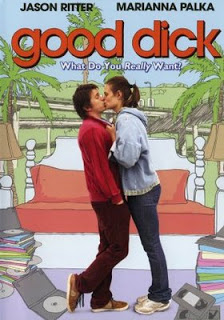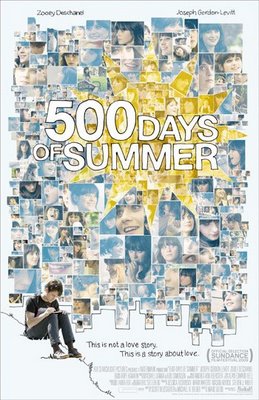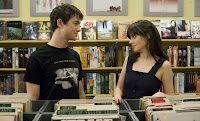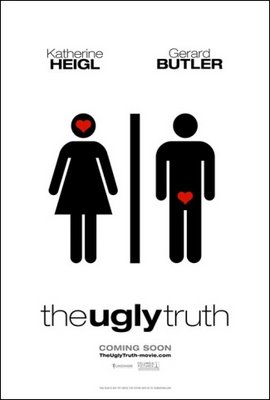This guest post by Renee Martin also appears at her blog Women’s Eye on Media.
Many of the male stars like, Morris Chestnut and Taye Diggs are dark skinned Black men. In fact, you could reasonably argue that Morris Chestnut is the king of the African Romantic comedy. These dark skinned men are always described as fiiiine, hot, and a real catch. When it comes to colourism and Black men, it would be fair to say that it is not an issue in African American comedies, because the actors range from Morris Chestnut to the ever so lovely LL Cool J (and yes, I love him).
The same is not necessarily true when it comes to women. From Stacey Dash in VHI’s new series Single Ladies, to Paula Patton in 2011’s Jumping the Broom, to Sanaa Lathan in The Best Man, to Zoe Saldana in Guess Who, to Vivica Fox in Two Can Play That Game, and Queen Latifah in Just Wright, light skinned women have a tendency to dominate the genre. The darkest skinned women that you will find in the genre are Monique, who played the ghetto woman Two Can Play That Game, Kimberly Elise, who played Helen in Diary of a Mad Black Woman (the title says it all doesn’t it), and Gabrielle Union, who starred in Deliver Us From Eva.
What is perhaps most interesting, is that in Deliver Us From Eva, Union played the stereotypical angry Black woman who had been burned countless times. She was absolutely vicious to anyone that approached her, and her brother in laws absolutely detested her, that is until they paid LL. Cool J to date her, and suddenly she became soft, and loving. Here we go again with another Black woman being saved from her angry ways by the love of a good Black man. (Tyler Perry is somewhere dancing a little jig.) All the things that allowed her to support her sisters up to and including putting them through school, and saving money for the benefit of their family, were seen as negative character traits. When Union played opposite Vivica Fox in Two Can Play That Game, she played the role of Jezebel. That’s right, a dark Black woman out to steal away Morris Chestnut from the light skinned, smart, and in control Vivica Fox. Union was slut shamed throughout the movie, and yet when Vivica Fox chose to sleep with Chestnut in his office it was simply being freaky and keeping your man happy. Particularly telling, is that no reference was made to differentiate between the two women, except for the visually obvious difference in hue. Why one was necessarily deserving of being slut shamed, when she was essentially no different than the other, was left for the viewer to determine. Even in movies, the strong dark skinned Black woman can never get a break.
In Jungle Fever, Wesley Snipes leaves his light skinned Black wife played by Lonette McKee, for an Italian woman. In a scene with McKee’s girlfriends, they discuss how the trend for a long time was for Black men to seek out light bright and damn near White women as partners, and how that changed as inter racial relationships became acceptable. You see, the White woman has always been held up as the epitome of beauty, and failing that, the WOC who was closest in appearance to Whiteness was then the chosen prize, thereby leaving dark skinned women completely out of the loop. A new documentary entitled Dark Skin being released this fall discusses this issue. If you doubt that this is an issue, a simple look at what L’Oreal Feria haircolor did to Beyonce, or what Elle Magazine did to Gabourey Sidibe is more than enough to settle this issue.
No woman of colour can ever be light skinned enough. What is particularly disgusting, is not only do these movies have all Black casts, in quite a few instances, they have Black directors to boot. What does it say about Black cinema, that we constantly reproduce our internalized racial hatred? Since we know that colorism is an issue for the entire community, why is it that, Black women are particularly targeted with erasure? Watching these movies really brought to mind the conversations in media about the lonely Black woman, who is destined to die a single woman. As much as African American romantic comedies constantly end with a Black woman and a Black men either in a committed relationship, or getting married, the near erasure of dark skinned women plays into the whole idea that unless you are light skinned you are not worthy of being loved. When we add in the fact that these movies are not aimed at White people, it seems to me that Blacks have come to find this idea acceptable, otherwise when given the opportunity to tell our stories, darker Black women would appear in this genre more regularly, rather than being restricted to films like The Color Purple and Precious.
Editors Note: This is an ongoing series. You can find part 1 here on class. Next week, we will be looking at the ubiquitous usage of the word nigger in these movies.












